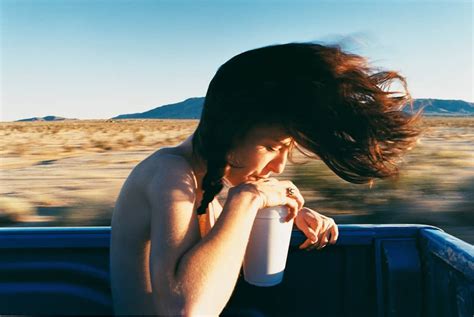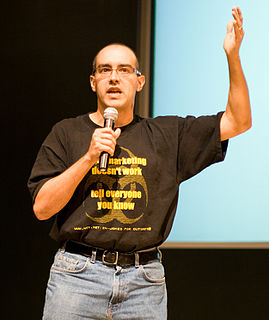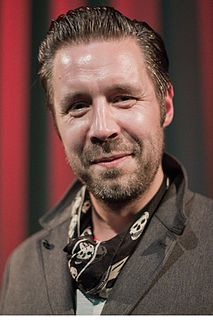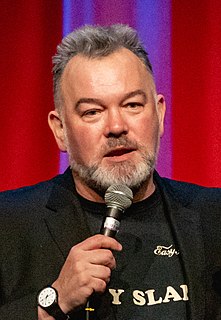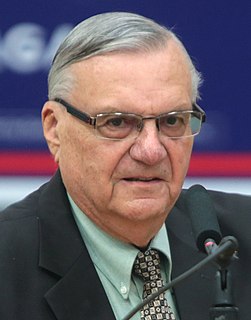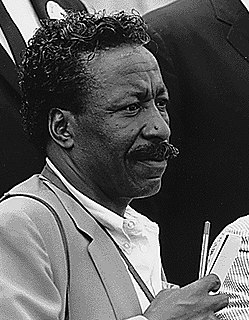A Quote by Susan Sontag
You can go into all sorts of situations with a camera and people will think they should serve it.
Related Quotes
Objectivity is impossible and it is also undesirable. That is, if it were possible it would be undesirable, because if you have any kind of a social aim, if you think history should serve society in some way; should serve the progress of the human race; should serve justice in some way, then it requires that you make your selection on the basis of what you think will advance causes of humanity.
It's just a matter of who you are and how you talk to people. Your subjects will trust you only if you're confident about what you're doing. It really bothers me when photographers first approach a subject without a camera, try to establish a personal relationship, and only then get out their cameras. It's deceptive. I think you should just show up with a camera, to make your intentions clear. People will either accept you or they won't.
There is nothing worse than when actors come to a set - and it happens a lot with big stars - and they are too aware of where the camera is. They are the show. And that becomes apparent and it affects the production. I am like 'You should not know where the camera is - you should act, and I will do the rest.'





